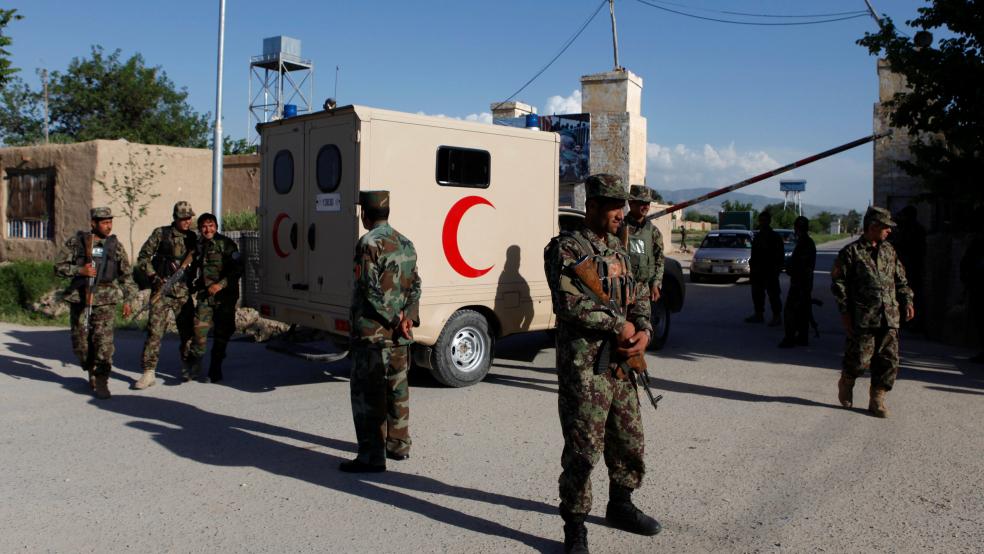WASHINGTON, D.C. (Reuters) - The Taliban's brief capture of the city center in Kunduz last weekend highlights a broader risk for billions of dollars in U.S. reconstruction investments throughout Afghanistan, the U.S. official overseeing the projects said.
Without basic security, it was "almost impossible" to carry out and sustain reconstruction efforts, said John Sopko, head of the office of the special inspector general for Afghanistan reconstruction (SIGAR). "In Kunduz it really puts all of the reconstruction gains we've made in that area in jeopardy," he said in an interview.Nearly $110 billion have been appropriated in Washington for reconstruction in Afghanistan since 2002, when U.S. forces drove the Taliban from power for harboring militants from al Qaeda, which carried out the Sept. 11 attacks. SIGAR said in a report last year that more had been spent in current dollar terms on reconstruction in Afghanistan than had been spent on the Marshall Plan, which helped more than a dozen European countries after World War Two. The exact total spent in Kunduz is difficult to calculate. An official with the NATO Resolute Support mission in Afghanistan said that since 2008, just under $25 million had been spent through the Commander’s Emergency Response Program (CERP) under the U.S. Department of Defense. The official said the last CERP project completed in the northern provincial capital was in February 2013: a gravel road costing $382,700.Sopko, who has been in charge of SIGAR since 2012, said in an interview in Washington this week that the wider concern was the potential impact of the events at Kunduz on reconstruction across Afghanistan and the sustainability of the programs.The brief capture of Kunduz, which has since been retaken by Afghan government forces, was one of the Islamist militants' biggest victories in the 14-year insurgency."If Kunduz can fall, what does that say about the capabilities of the ANDSF (Afghan National Defense and Security Forces) in other places?" Sopko said. "I'm not saying the sky is falling...(but) it's a real warning, it's a wake-up call." The NATO official said the U.S.-led military forces were "deeply concerned about the Taliban’s continued destruction of government and civilian buildings and homes, as well as their complete disregard for innocent civilian lives." (Reporting by Idrees Ali; Editing by David Storey and Ken Wills)Battle over Kunduz highlights risk to huge U.S. Afghan investments

OMAR SOBHANI



